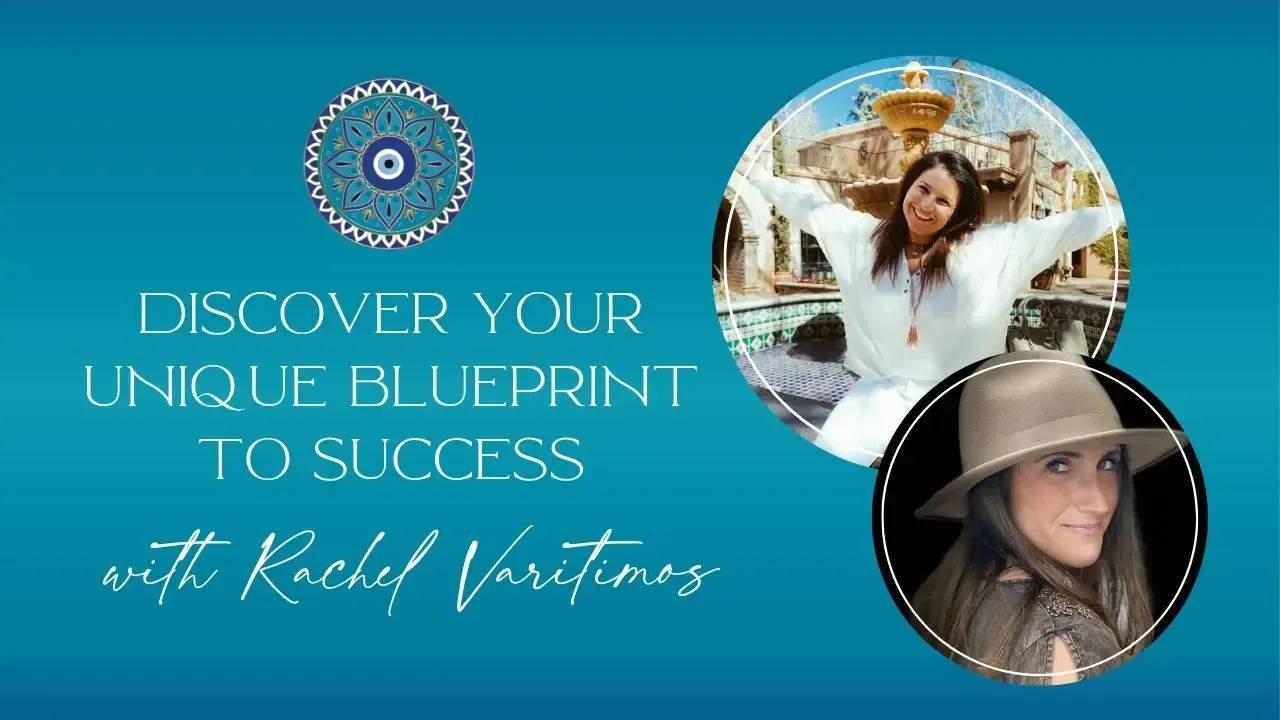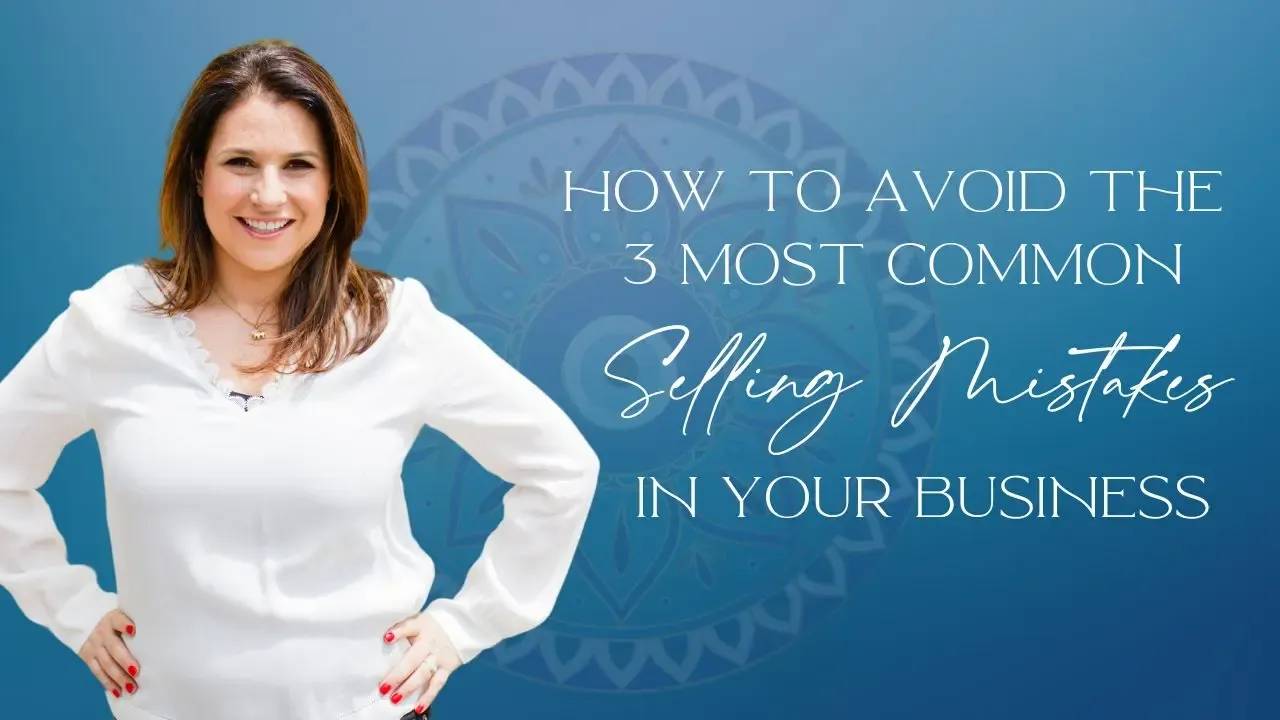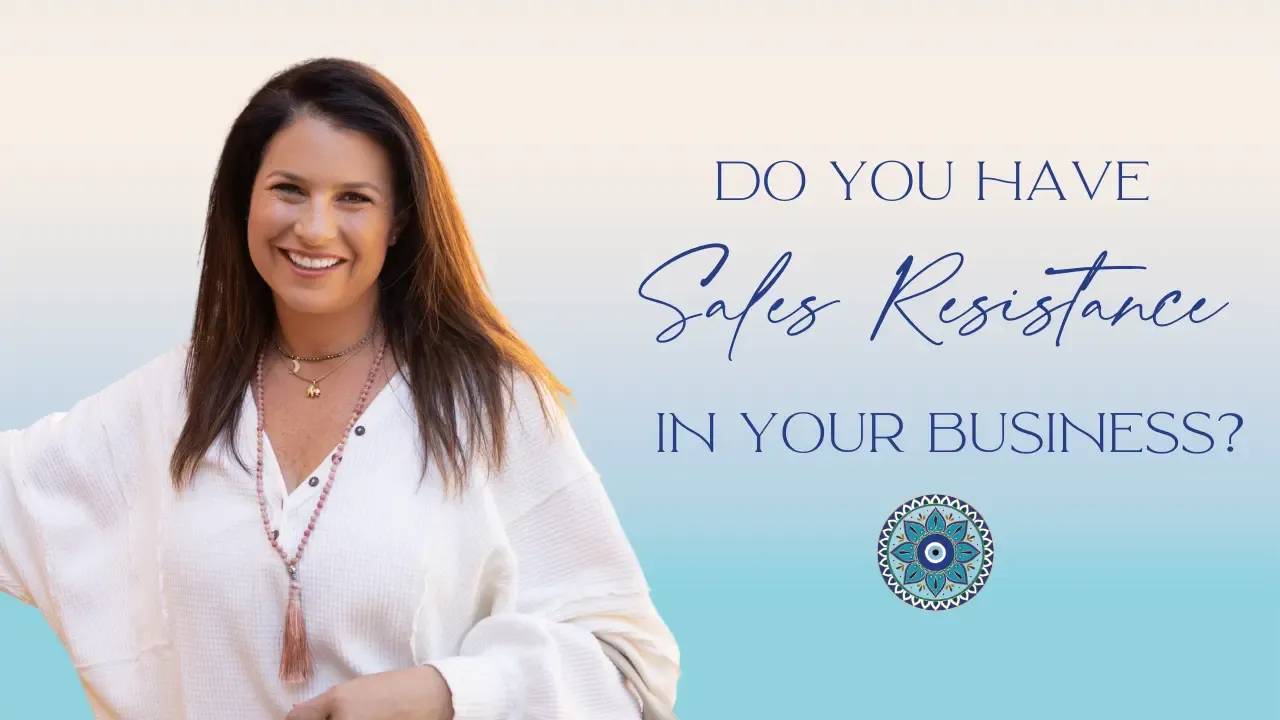Finding the Sweet Spot in your Pricing: Greater Profitability for You + Higher Value for your Clients

Can you guess what is the one prevailing topic that every single client of mine brings up in our coaching sessions at one point or another?
You got it - it’s pricing.
And it’s no wonder. Pricing plays a pivotal role in determining not just the profitability of your business, but your clients’ as well.
In today’s new post, I’m digging deep into all things pricing - everything from raising your rates, to communicating value, differentiating yourself from the competition, selling high ticket offers, and more.
Read on to learn how to price your offers so you can supercharge your sales and overall profitability.
Pricing Affects Everything in your Business
Pricing is a big component of getting business and closing the sale. It’s also a massive determining factor in regards to your overall profitability, which, besides impact, is the main thing you’re in business to create.
Pricing does two things: it creates profitability for your business (which plays into your earnings), and it creates value for your customer.
When considering pricing, it’s good to start by asking yourself, What do I want my business to earn?
Pricing plays a pivotal role in those earnings, which is going to determine your profitability in business. It's also going to determine your clients’ profitability, because regardless of your industry, you’re helping your clients profit in some way whether it be a profit of time, of weight loss, of attaining more leads, etc. Their wins come as a result of your offer.
Pricing your offer by working backwards
When I was a salesperson, I learned how to work backwards really well. You can use this same strategy for your business, particularly when it comes to pricing. You set an income/revenue goal for your year, then work backwards from there.
How much money are you hoping to make this year? And what price do you need to charge in order to make that amount of money based on the offers that you have, or the offers that you're planning to put out, and the amount of leads you typically generate each month?
If you can work backwards, then you can easily see the structure you need to create in order to reach the revenue goals you’ve set for yourself. That structure involves your offer and your price.
So if you're thinking to yourself that you need to make more money, the cool thing is, as an entrepreneur, you can always make more money. All you need to do is either sell more, or increase your rates. And if you're already maxed out, and you can't even fathom adding on another client, then you need to either create a more scalable offer, or increase your rates.
Overcoming fears about raising your prices
When I talk to my clients about increasing their rates, they often get this icky feeling inside because their fears are telling them that if they do so, all of their clients will leave.
But I’d like you to stop and truly ask yourself, Is that true? Would literally everyone leave?
Regular rate increases are a normal part of nearly every type of business. Have you ever been loyal to a hairstylist for a long time? The good ones are constantly raising their prices. Much like a coach, they have a book of business and a book of time. And as their book of business fills up, and their time becomes less and less, and they become more experienced, they get better at what they do, their value goes up, and so does their price. Every couple of months, maybe every six months, when I go to my stylist, there's a little note on her mirror that says my rates are changing, effective whatever date. And just like that - boom - her rate goes up.
If you're feeling like you need to raise your rates, but you're scared to double them or go way higher, consider raising them into more of a middle range. Look for that sweet spot where you feel comfortable.
If you’re still worried about losing clients upon a rate increase, think about it this way: What if you double your prices and lose half your customers? That's actually kind of cool, because now you're making the exact same amount, but now you have double the time. What could you do with that extra time that could create more revenue in your business and perhaps allow growth in a more aligned fashion?
Just remember, if you're communicating a rate change, make it worth that communication. If you're communicating a rate change, but the change is only going up $10, is it really worth it to have to go through all the motions and all the stress of communicating this new rate for only $10? Or do you want to justify it with somehow delivering even more value and raising your rates even more?
Who’s determining your value?
What I find that happens with pricing is that business owners oftentimes let the clients push back, determine their value. What do I mean by that?
When someone says “no” to you, are you letting them determine that that's your price cap? Does their “no” lead you to think you should lower your price, or question your pricing altogether? If so, then you’re allowing your clients to create meaning surrounding your prices.
Rather than automatically assuming your price is too high when you receive a “no,” consider the other factors involved. Pricing only tells a part of the story.
Perhaps the customer didn't see the value, which actually means - if you want to take ultimate responsibility - that you didn't transfer the value. Or maybe you didn't believe in your price wholeheartedly. Or maybe you just had a difficult time communicating why it's worth whatever you're offering, and why it's worth that price.
To communicate worth when it comes to pricing, you’ve got to think about the perceived value of your offer from your customer’s viewpoint. And oftentimes, they look much deeper at that value when the price is higher.
I want you to get out of business owner/entrepreneur/seller mode, and step into buyer mode. Become the buyer with me, for a minute. Imagine you're buying an offer for $27. What kind of feelings do you get in your body about what that offer is going to deliver? How does that feeling and your expectations change when the offer goes from $27 to $2,700? What about when the offer is $27,000?
People buy emotionally. My husband always says, “People buy emotionally, and they justify logically.” Price is a mathematical logical number, but if you think about the emotion that the price creates, then you can get into the consumer mindset of what your prices are telling your customers.
I love teaching people how to sell high ticket offers because when people buy higher priced services, their mindset is way different. This is because they're not buying based on price, they’re buying based on outcome. They’re seeking a transformation, and they want to get this through the high touch experience they crave. That’s the value you’re selling.
Remember: price isn’t everything
Your price does not differentiate you from your competition. The real difference makers? The experience you offer, how you deliver it, the service you provide, the level of support your client’s receive, and the outcomes they’re achieving with you. That's where you look to create the difference. And when the customer perceives those to be different and valuable, then you can charge whatever price you feel is worth it.
Want to continue this conversation on pricing? DM me on Instagram - I’d love to hear your thoughts and questions.





